English
English Curriculum Framework
The following diagram presents the key features of the EL Syllabus 2020 undergirded by the principles of EL teaching and learning (CLLIPS) and EL teaching processes (ACoLADE). A pedagogical emphasis on Multiliteracies, Metacognition, and Inquiry through Dialogue in the EL classroom helps to develop knowledge of language and ensures effective and affective language use for all EL learners. The approach to language teaching and learning ensures a firm and rich foundation for all for future learning.
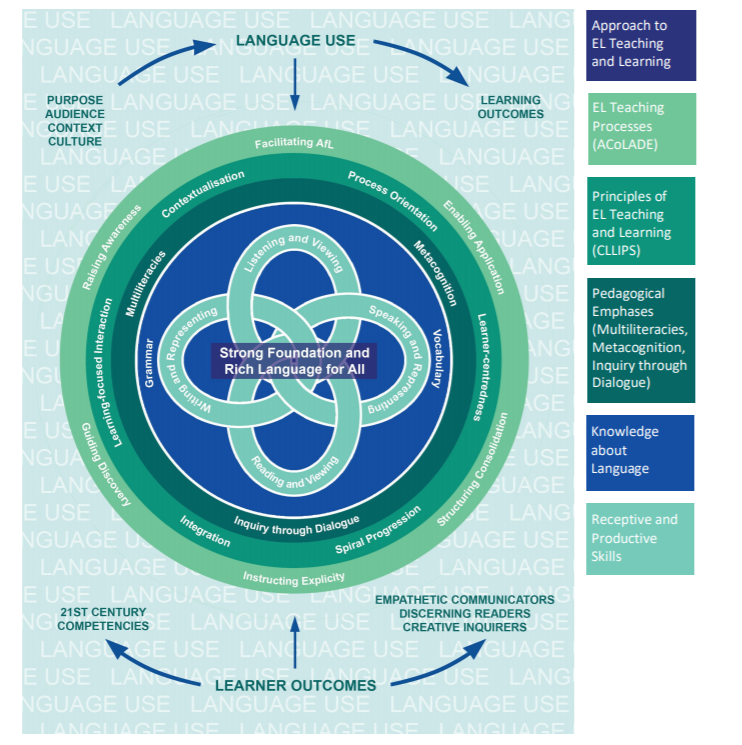
Department Pedagogy
STELLAR programme
STELLAR stands for “Strategies for English Language Learning and Reading”. The programme uses research-based teaching strategies and age-appropriate materials to engage children in the learning of English. It aims to strengthen children’s language and reading skills, as well as promote a positive attitude towards learning in the foundational years.
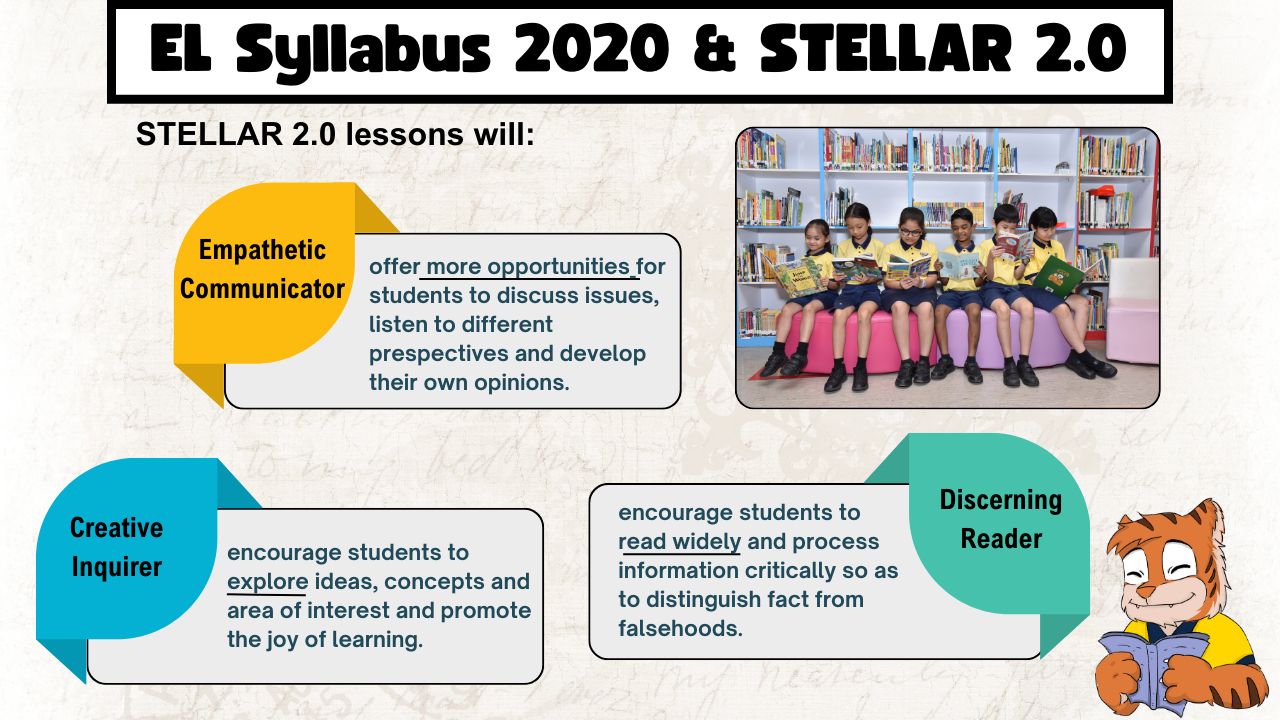
STELLAR at Lower Primary
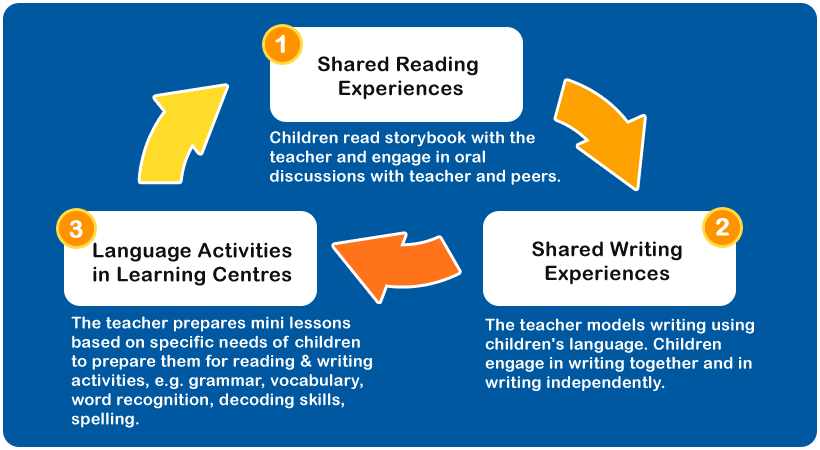
The lower primary strategies include the Shared Book Approach (SBA) and Modified Language Experience Approach (MLEA), as well as the use of Learning Centres (LC). Pupils have the opportunity to re-learn, revisit or extend what they have learnt at their own pace and in differentiated ability groups.
STELLAR at Upper Primary

The Upper Primary strategies include:
- Sustained Silent Reading (SSR)
- Supported Reading (SR)
- Know - Want to know - Learnt (KWL)
- Retelling (RT), Language Activities and Sentence Manipulation
- Writing Process Cycle (WPC)
P2: A Butterfly is Born
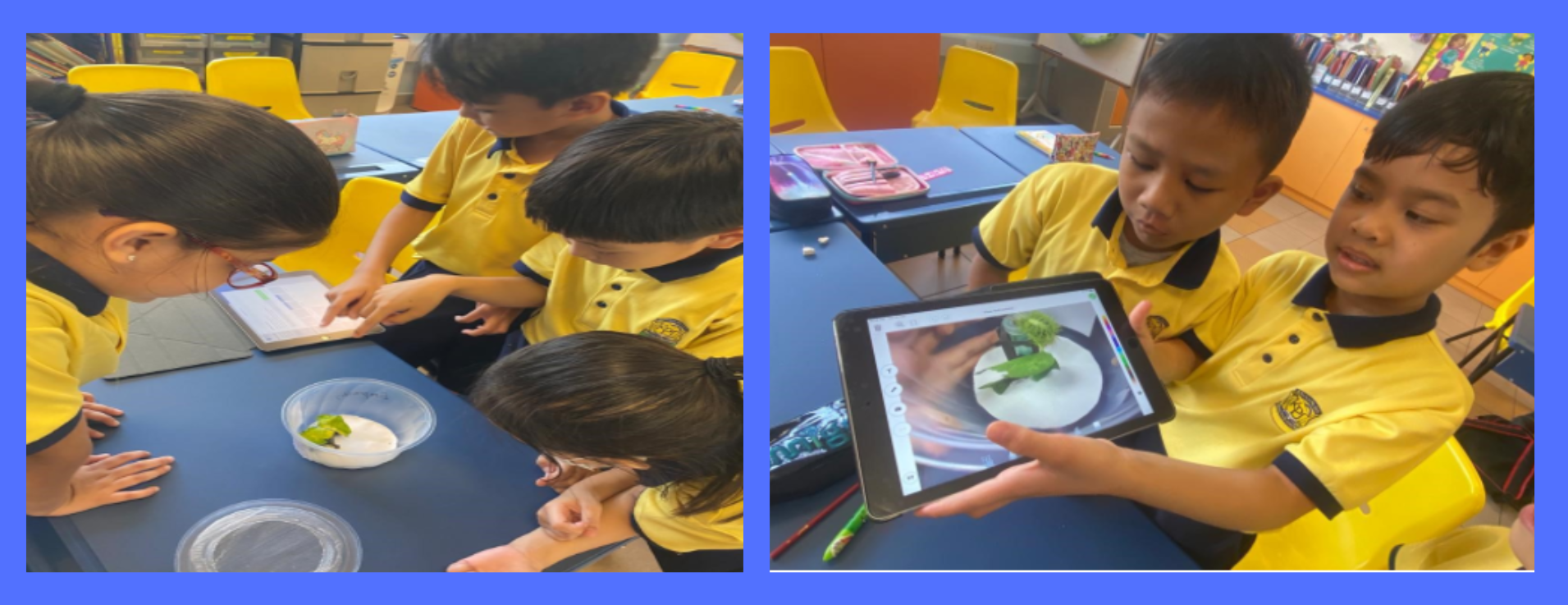
P3: Stephanie Investigates
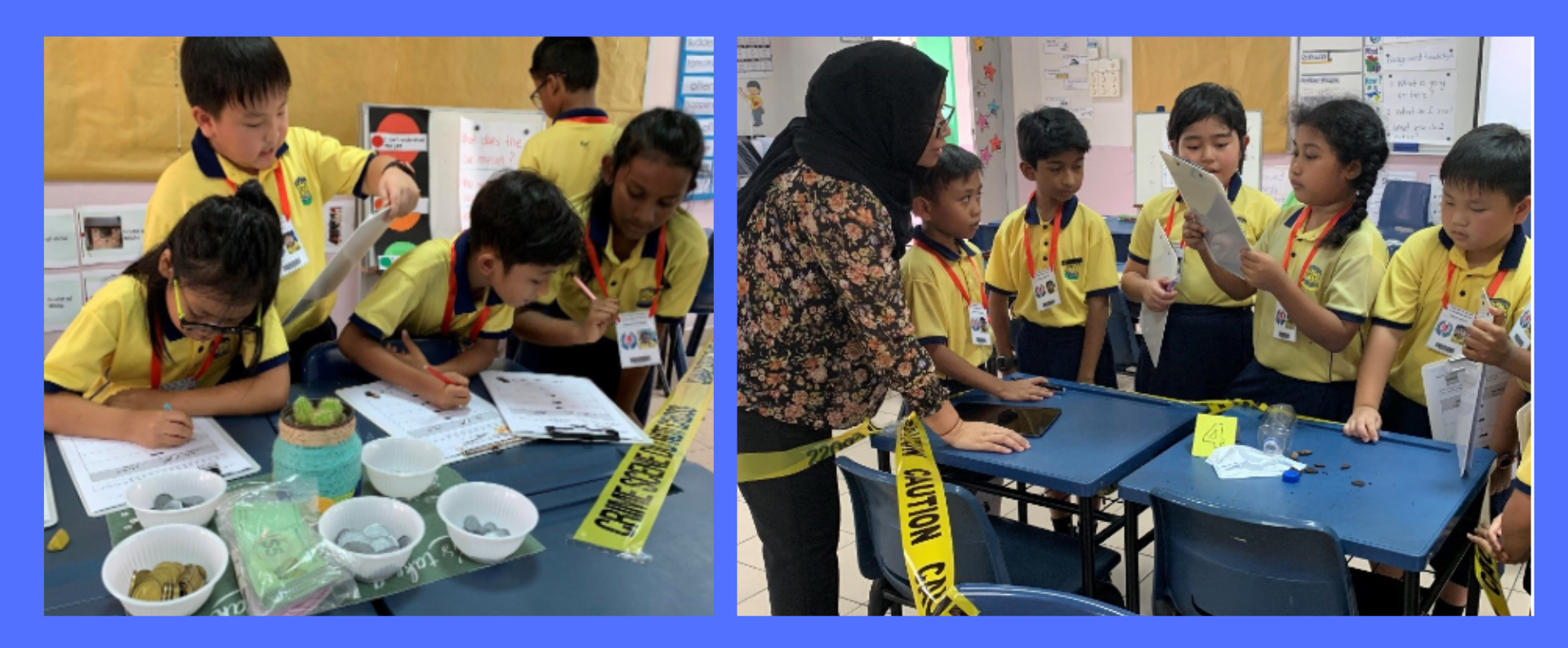
Level Programmes
1. D.I.C.E (Drama infused Curriculum in English)
Drama is a vehicle to inject an element of fun in language learning. Through drama infused curriculum, it can provide opportunities for students to learn English in authentic and interactive learning experiences and apply in context that makes it come to life.
It is a powerful teaching tool to capture the attention of students in the classroom to bring about effective language learning. In Kranji, drama is infused through the Stellar Curriculum, to make language learning fun and dynamic. A classroom can be transformed into an imaginary or real world setting for students to explore and develop ideas. Through DICE, students will overcome the fear and inhibitions to express themselves spontaneously and think critically in the shoes of another.
Our drama activities include:





2. EL Fiesta
To promote the joy of learning and to bring about greater interest in the learning of English, Kranjians were treated to a slew of English activities during our annual English Fiesta. Activities include drama performances, puppet shows, English quizzes, spelling bee competition, as well as different library activities. In 2019, EL Fiesta concluded with the official reopening of our newly renovated Media Resource Library. The School Leaders and all English teachers were involved in a Character Parade, much to the delight of the students!
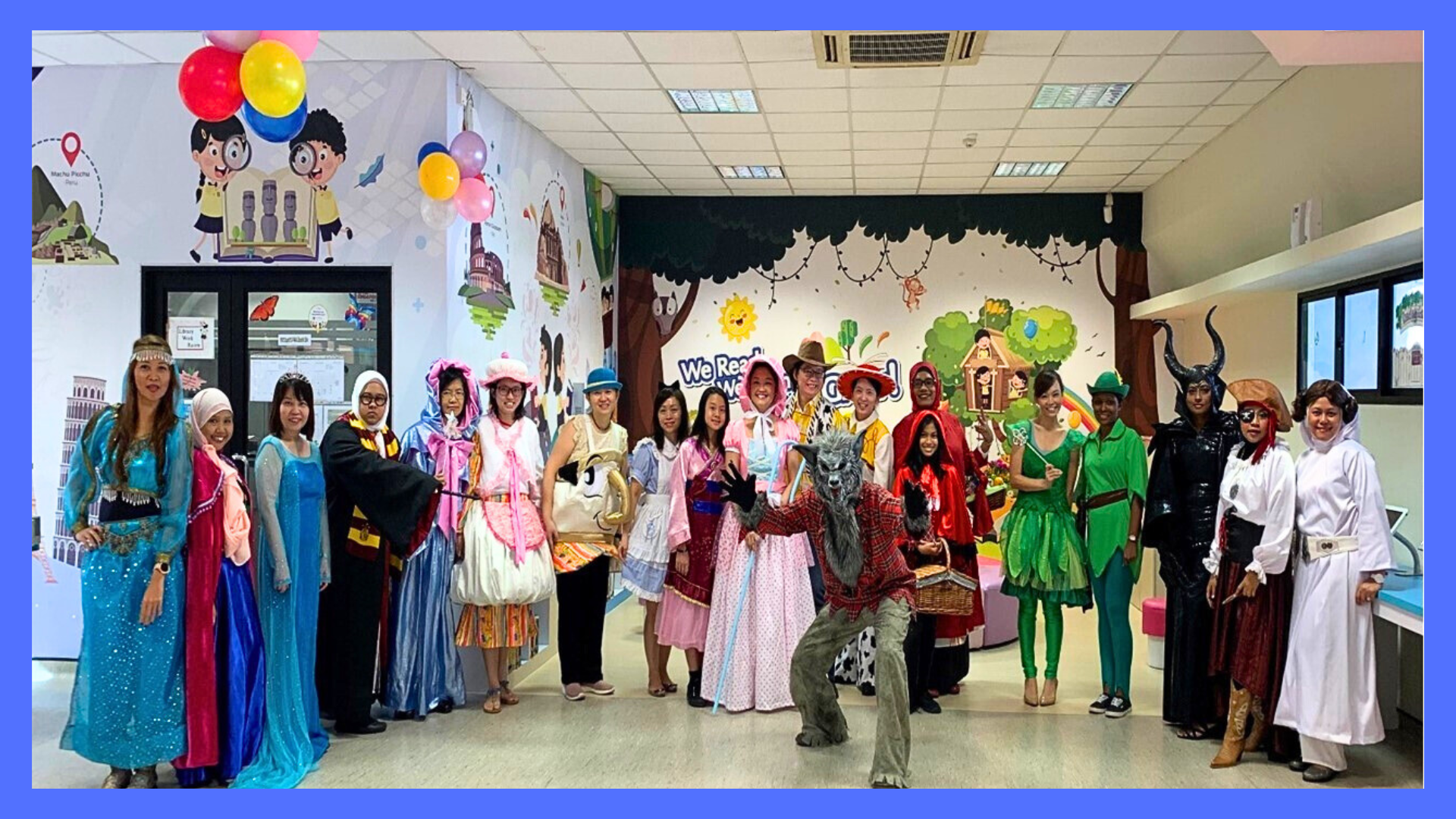
3. Reading Programme
As Dr Seuss would say “The more that you read, the more you will know, the more that you know, the more places you will go”. Apart from improving vocabulary and language skills, reading also helps to exercise our brain and improves our concentration. The EL department places a strong emphasis on the importance of reading.
Each classroom is equipped with books appropriate for the reading level of the students and are rotated every semester, so as to provide reading opportunities for all. In addition, weekly library visits are weaved into the EL curriculum. During the library visits, students are introduced to different genres of books, storytelling and engaged in other extensive reading activities.
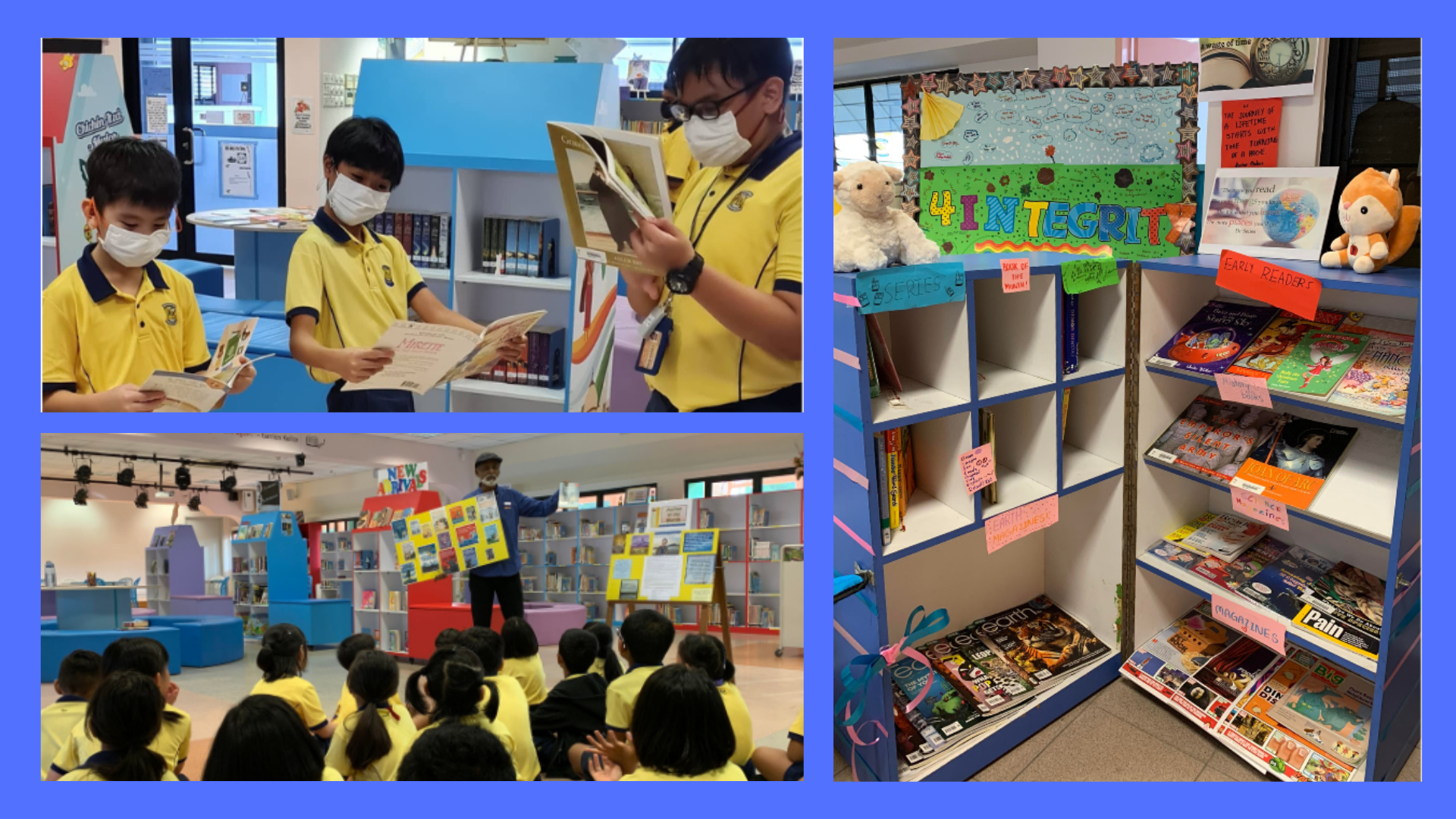
Talent Development Programme
The Talent Development Programme in the English Department aims to stimulate and develop students with a strong aptitude for English. The enriched curriculum provides them with meaningful platforms and opportunities to hone the different language skills and deepen their interest in the field.
Literature is incorporated to develop a greater appreciation of the different literary elements, deepen comprehension skills and vocabulary skills. Literature texts of progressive levels are selected for the different levels. They include:
-
The Magic Paintbrush by Julia Donaldson (P3)
-
Frindle by Andrew Clements (P4)
-
Matilda by Roald Dahl (P5)
During each session, students read and respond to works of literature with emphasis on characterisation and plot development, perspective taking, analysing good language use and to be sensitive and empathetic towards others through the stories of the characters. These in-depth discussions and activities deepen students’ understanding of the subject, as well as enhance their thinking and reasoning skills.
In addition, our Talent Development Programme provides a platform for students to further develop their oral communication and creative writing skills. Verbally talented students are selected and trained to achieve high standards of expression, argument and presentation through the introduction and exposure to debate. Budding writers are also given opportunities to hone their creative writing skills through various writing competitions. Such activities nurture our students’ flair and passion for the English Language.
Mystery Reader - Student-Led Storytelling
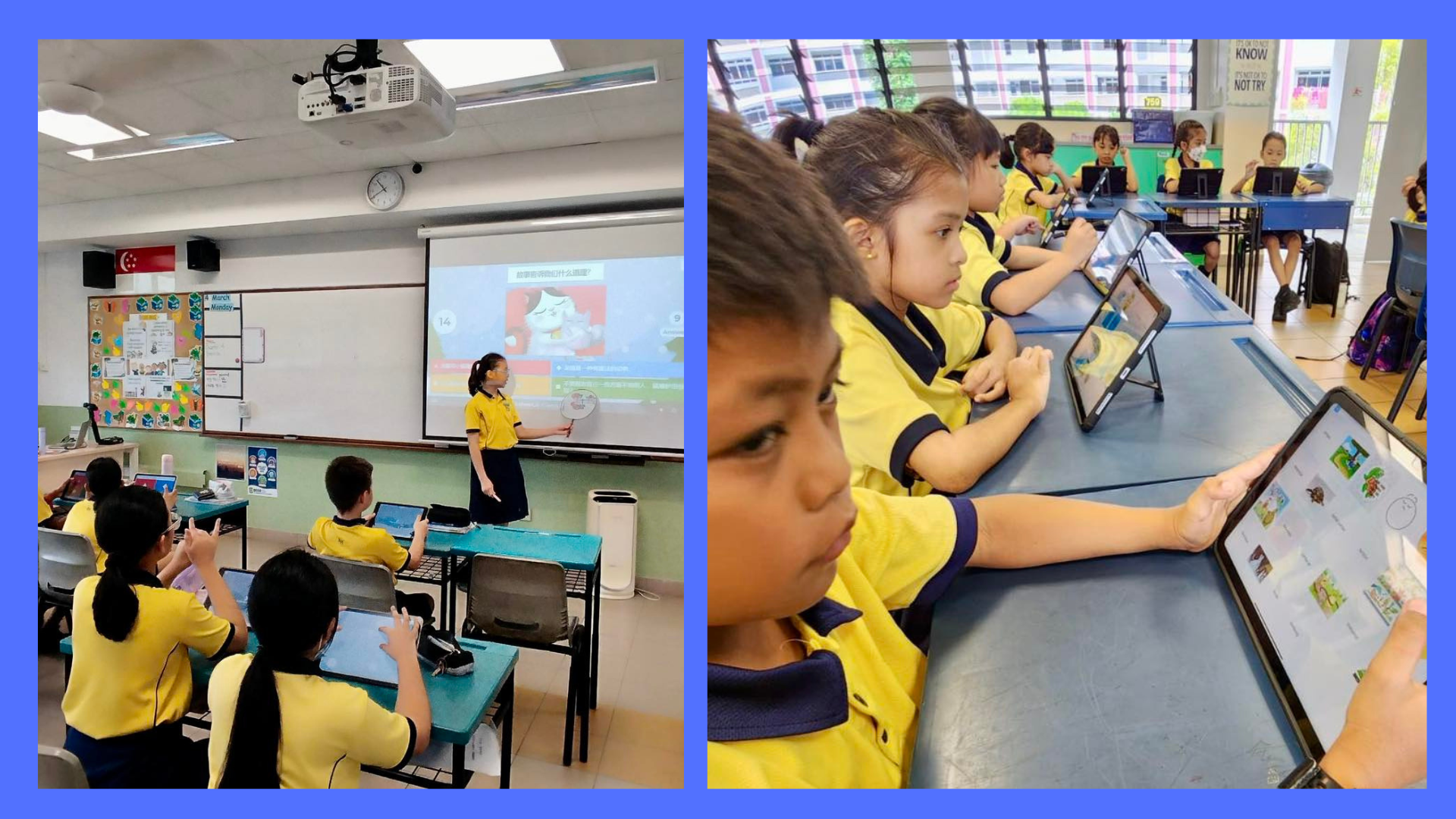
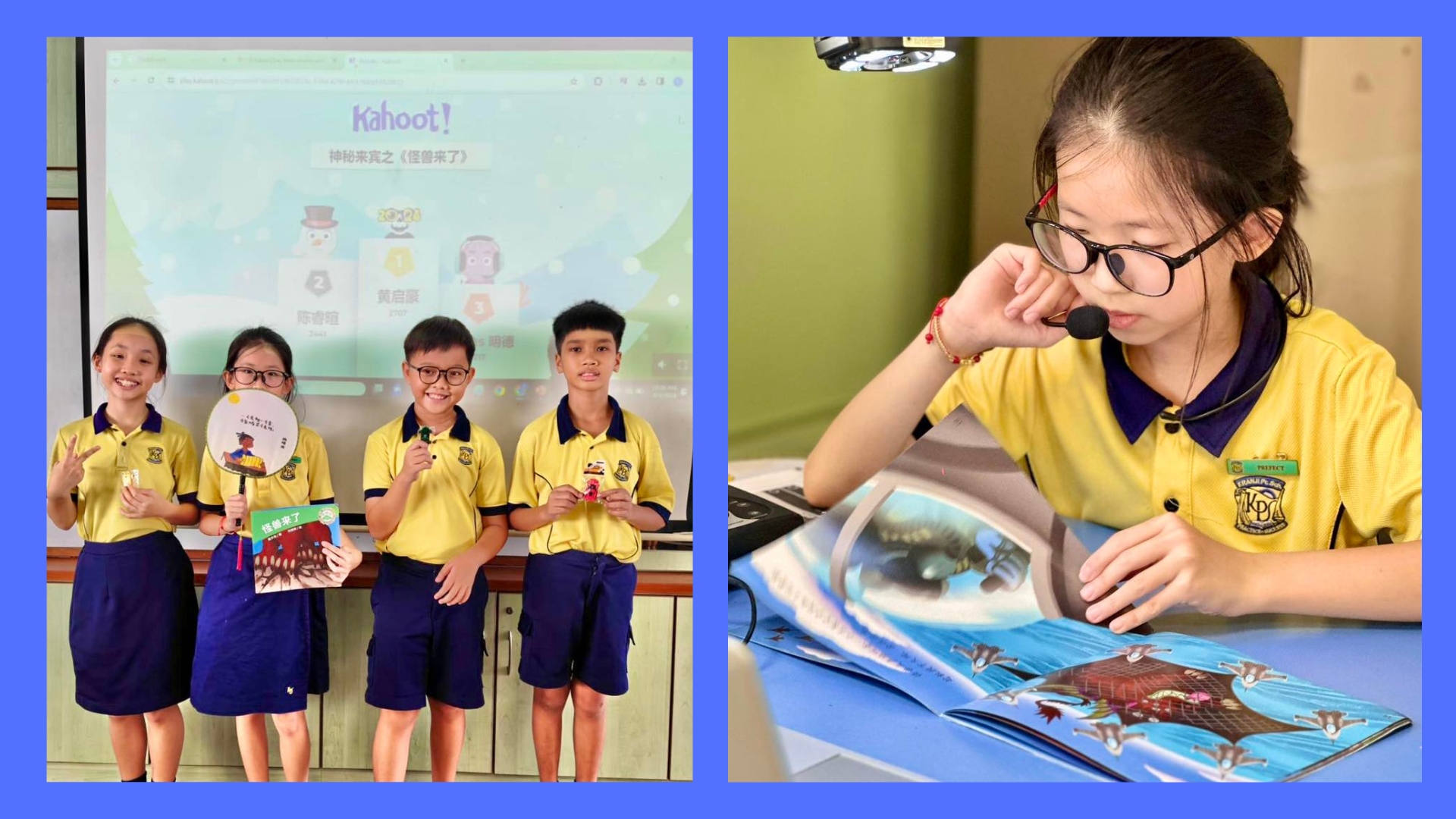
Support Programmes
Learning Support Programme (LSP)
The LSP is a specialised early intervention programme aimed at providing learning support to pupils who enter Primary 1 with weak English language and literacy skills. Pupils are identified for LSP through a systematic screening process carried out at the beginning of Primary 1. Its objective is to equip these pupils with basic reading and spelling skills so that they can learn in the regular classes.
Pupils are identified through the Early Literacy Indicators, a group screening instrument developed by MOE, at the beginning of each year. LSP lessons are conducted by trained Learning Support Coordinators (LSCs). The selected pupils attend LSP lessons about four times a week during curriculum time. LSP lessons are conducted parallel to the mainstream English Language curriculum. Great emphasis is placed on phonics, reading, grammar and vocabulary. Lessons taught cover the same units and the learning outcomes in the English syllabus.
Pupils will be discharged from LSP at the end of P1 and P2 when they meet the following criteria:
-
Attain a pass in the schools’ overall EL assessments
-
Attain age-appropriate reading age
Reading Remediation Programme (RRP)
The MOE’s School-based Dyslexia Remediation programme is a two-year intervention programme for Primary 3 and 4 students who still face consistent difficulty in reading in the English Language despite having completed the Learning Support Programme in P1 and P2. The programme is conducted in small groups by trained school personnel using a remediation curriculum designed by MOE Reading Specialists. It exposes students to a range of coping strategies for reading comprehension which will enable them to better manage their daily learning. This programme is held twice a week after curriculum hours.
School-based Dyslexia Remediation Programme (SDR)
The MOE’s School-based Dyslexia Remediation programme is a two-year intervention programme for Primary 3 and 4 students. These students are identified for support through a systematic screening process for dyslexia conducted at the end of Primary 2. The programme is conducted in small groups by trained school personnel using a remediation curriculum designed by MOE Reading Specialists. The remediation will help students with his or her reading and spelling. This programme is held four times a week after curriculum hours.
Tips for parents
- Provide good home support.
-
Encourage your child to develop a good reading habit. Make frequent visits to the library and provide access to different genres
-
Be a good role model. Read to them, write notes and speak Standard English to your child
-
Listen to English news on the radio or television
-
Encourage your child to express his/her opinion on current news, stories or events
-
-
Develop good penmanship from young
-
Encourage the use of dictionary to improve vocabulary
-
Encourage purposeful writing e.g. grocery list, planning a holiday, journal of important events, postcard
-
Make revision notes – grammar rules, commonly misspelt words, good words and phrases
- Use annotation strategies during the reading of comprehension texts

